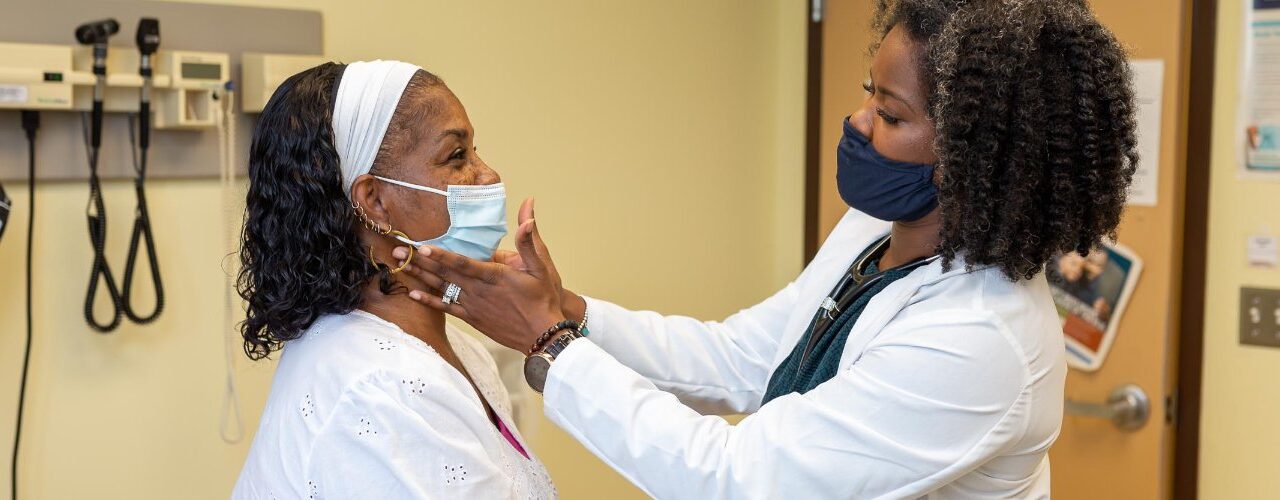Courtesy of Community Health Center of Buffalo, Inc.
Preventive care is vital for an effective health care regimen. “It’s not a one-size-fits-all approach, as various factors influence what an individual requires to ensure their overall health,” says LaTarcia Daniels, BA, MA, Director of Family Planning at Community Health Center of Buffalo. “Age, medical history, family history, and gender are factors that can influence a preventive care regimen, as screening guidelines for various conditions and diseases may differ for men and women.” The following are United States Preventive Services Task Force (USPSTF) screening recommendations for women.
- Blood pressure: Blood pressure should be checked at least once every two years if women are in the healthy range (under 120/80), or annually if they are above normal (between 120/80 and 139/89).
- Bone density: Women should get a bone density test at least once upon turning 65. Women younger than 65 can speak with their provider for earlier testing.
- Breast screening: The American College of Gynecologists and Obstetricians (ACOG) recommends medical providers offer mammography to patients starting at age 40 and no later than 50. The USPSTF recommends breast screening mammography every two years for women ages 50 to 74. Women 75 and older should discuss with their providers whether ongoing mammography is necessary.
- Cervical cancer: Women between the ages of 21 and 65 with a cervix should undergo a Pap test every three years. Women who are age 30 and older may only require a Pap and HPV test every five years.
- Colorectal cancer: Colorectal cancer screening is recommended for women ages 45 through 75. Women at a higher risk for colorectal cancer should discuss earlier testing, and which test is best, with their physicians, as well as recommendations past age 75.
- Diabetes: Women whose blood pressure is higher than 135/80, and those who take medication to regulate their high blood pressure, should be tested for diabetes.
- HIV/AIDS: Women should be tested for HIV/AIDS at least once after age 20, or earlier if they are at high risk.
- Lipid profile: The USPSTF recommends a routine lipid profile starting at age 20 for women at increased risk for heart disease.
- Lung cancer: Women between ages 55 and 80 with a history of smoking should receive annual testing with low-dose computed tomography. This includes women who have quit smoking within the last 15 years.
- STDs: Women who are sexually active or pregnant should be tested annually for chlamydia through age 24. Annual tests for chlamydia, gonorrhea, and syphilis should continue after age 25 for women who are at increased risk for an STD. Women can discuss these risk factors with their physicians.
With locations in Buffalo, Niagara Falls, Cheektowaga, and Lockport, make an appointment for your health screenings at the Community Health Center of Buffalo, Inc. that is nearest to you by calling 716-986-9199. Learn more at chcb.net.












